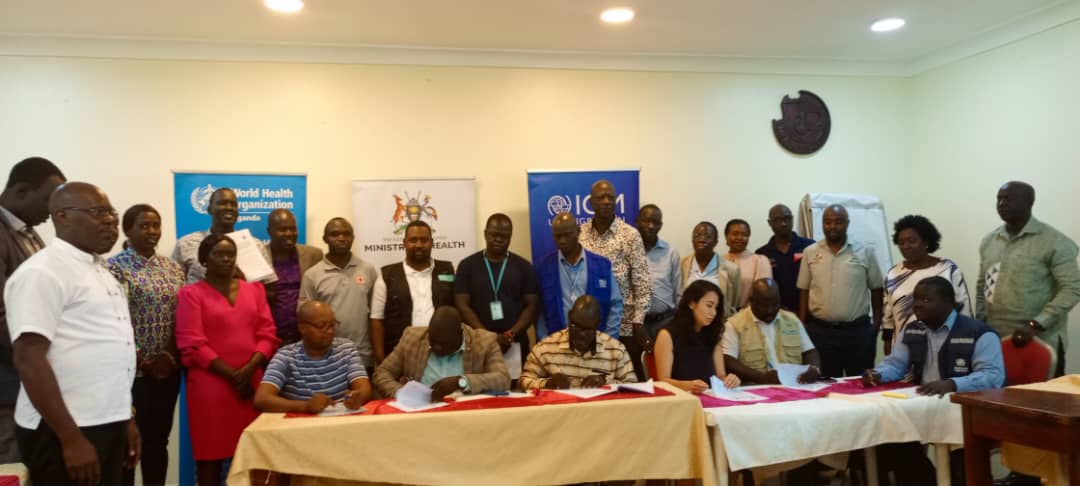By Emelda Siama John
From September 9 to 11, 2025, Uganda and South Sudan jointly convened a cross-border meeting in Gulu City to address recurring outbreaks of emerging and re-emerging diseases that continue to threaten public health across the region.
The discussions focused on diseases such as polio, yellow fever, Ebola virus disease, Marburg virus fever, Crimean-Congo hemorrhagic fever, Rift Valley fever, and several unexplained outbreaks that have severely affected both border and local communities.
Organized by the Ministries of Health of both countries in partnership with the World Health Organization (WHO) and the International Organization for Migration (IOM), the meeting highlighted key drivers of disease spread. These included heavy cross-border trade, frequent movement of people and livestock, high population density, climate change, the region’s proximity to the Congo Basin, and the unique ecological conditions of the Rift Valley.
At present, Uganda is battling an outbreak of Mpox, while South Sudan is responding to a cholera outbreak, both of which have disrupted social and economic activities on a wide scale.
Amuru District Resident District Commissioner (RDC), Oceng Geoffrey Osbon, stressed the importance of adopting and strengthening the One Health approach. While Uganda has already embraced the model, Oceng called for stronger collaboration with South Sudan to make it more effective.
“Many entry points are officially designated but remain non-functional,” Oceng noted. “Once funding is secured, they must be made operational. Field visits to these border points, like Tertenya, Madupe, and Awenoluyo, are crucial to properly assess challenges on the ground. Discussions alone are not enough.”
He further underscored the need to align cross-border health actions with International Health Regulations (IHR), particularly in implementing vaccination campaigns and ensuring travelers present valid vaccination documents.
Representing South Sudan, Nimule Municipality Mayor Caesar Longa Fuli highlighted the cross-border nature of health threats.
“Cholera and Mpox show that the health security of Uganda and South Sudan are deeply interconnected. The safety of travelers and professionals at our shared borders depends on mutual trust and collaboration,” Fuli said. “South Sudan is committed to enabling health workers to move freely, respond swiftly, and share resources. Working together, we can safeguard lives and build a healthier future.”
Patrick Louis, Cross-Border Coordinator for Nimule and Elegu, described the meeting as a follow-up on previous commitments to strengthen border health systems and advance the One Health strategy.
“International regulations require regular screening of people, animals, and goods at borders to prevent the spread of diseases. Consistent enforcement of this is essential,” he stated.
The meeting concluded with both countries reaffirming their commitment to closer cooperation, improved surveillance, and joint action in addressing regional health threats.



